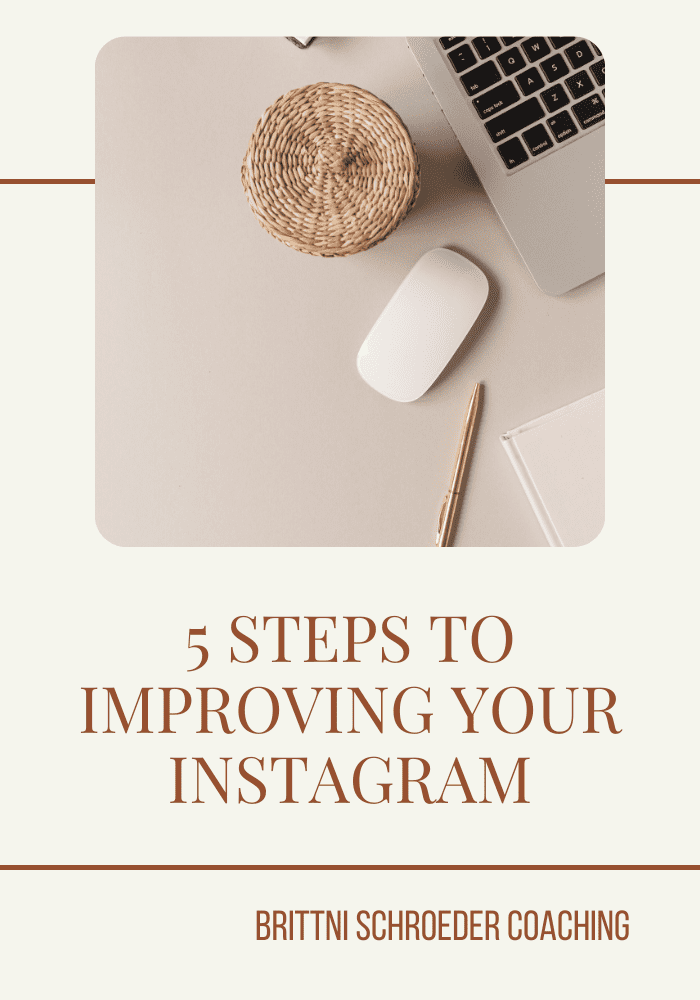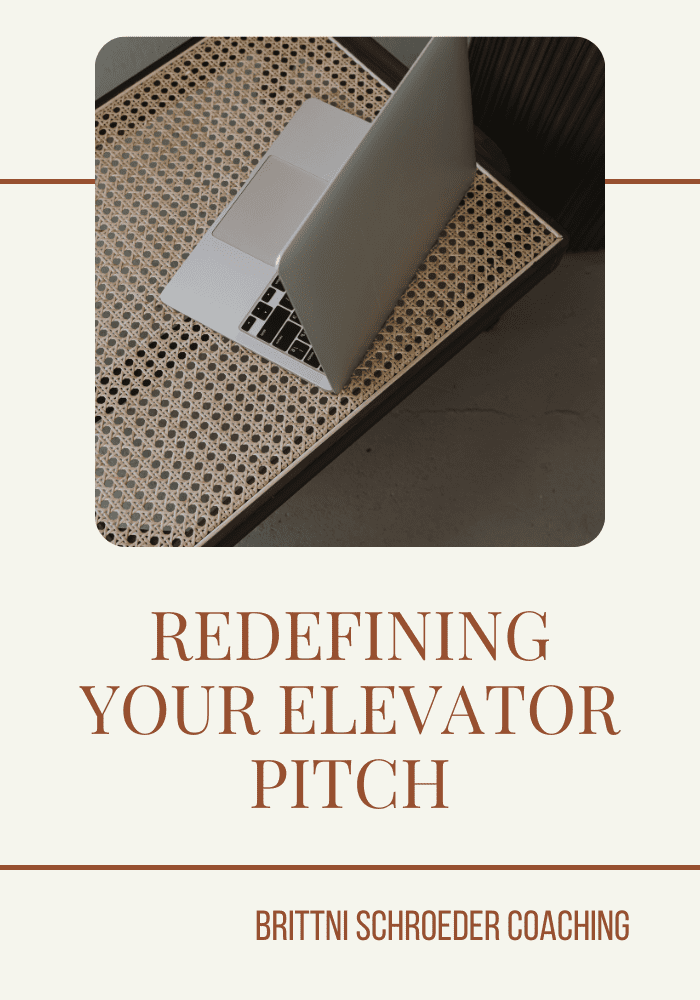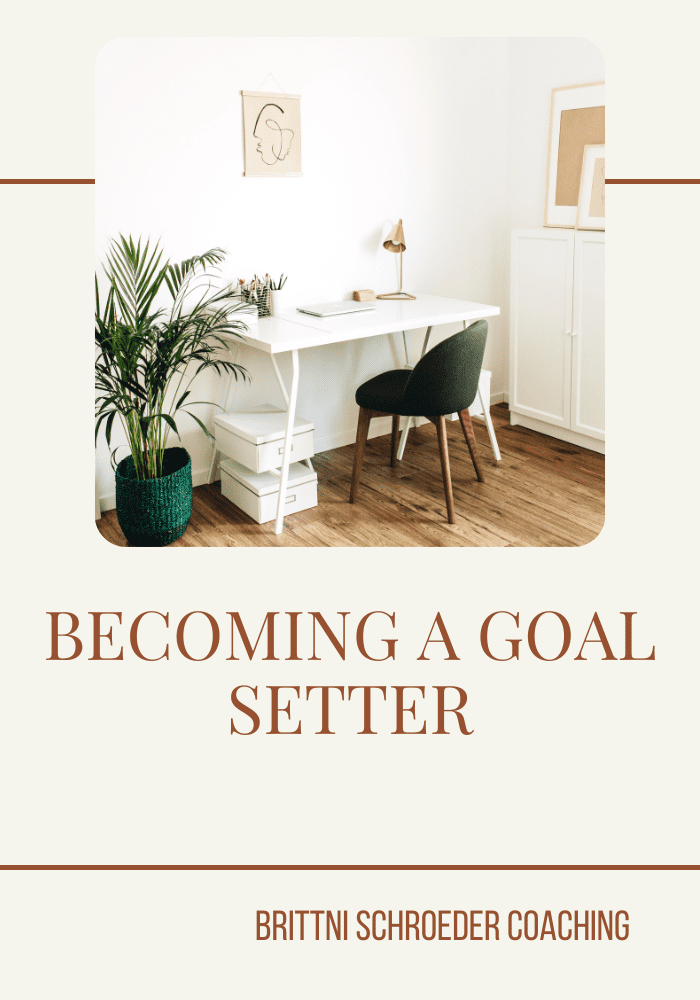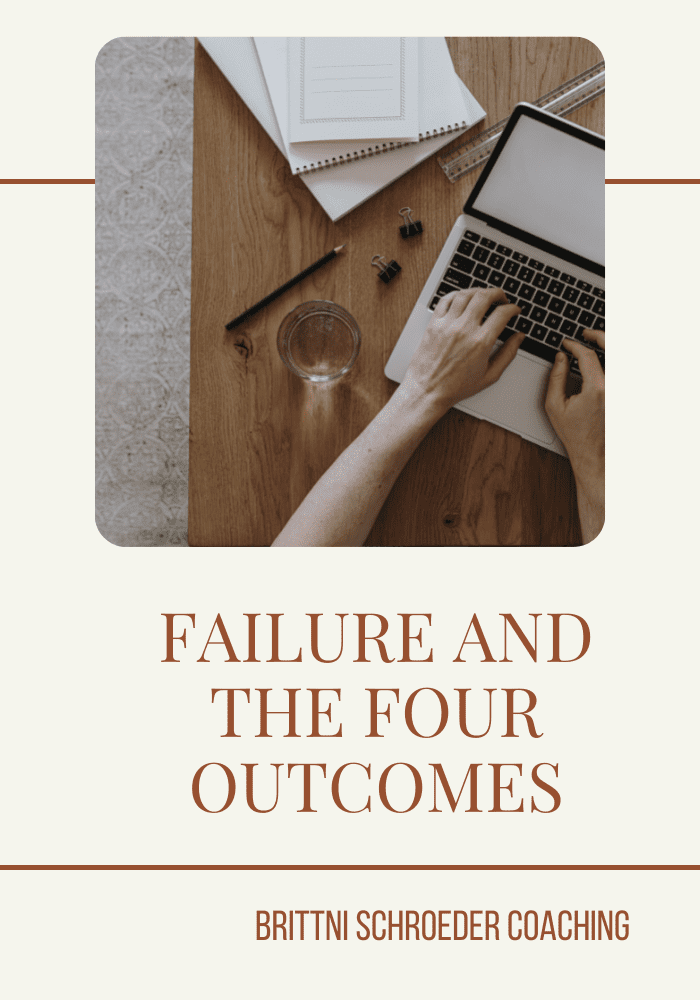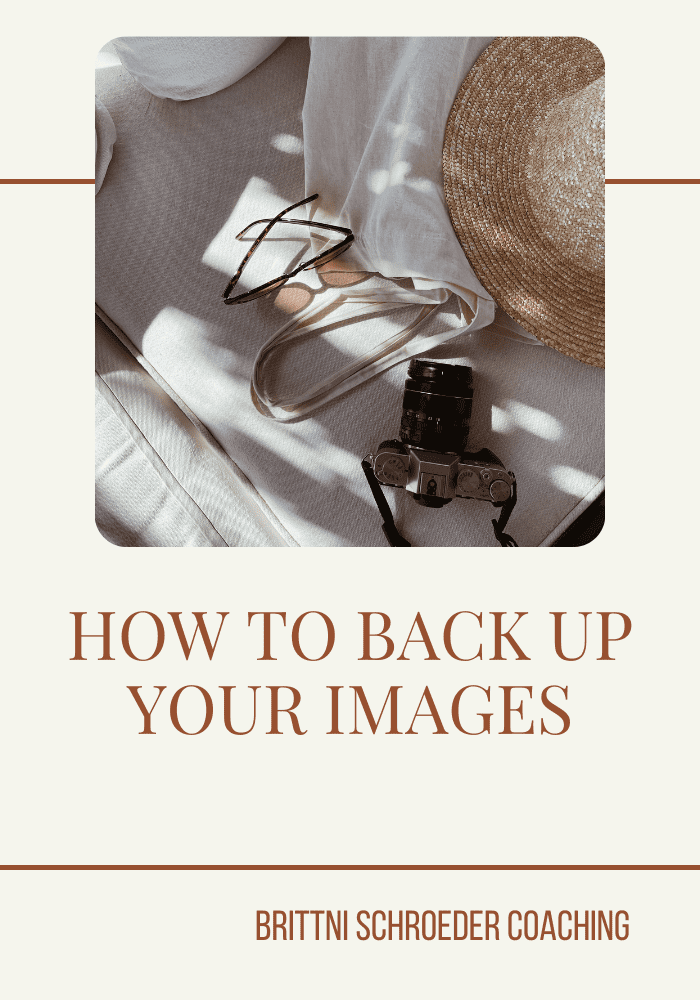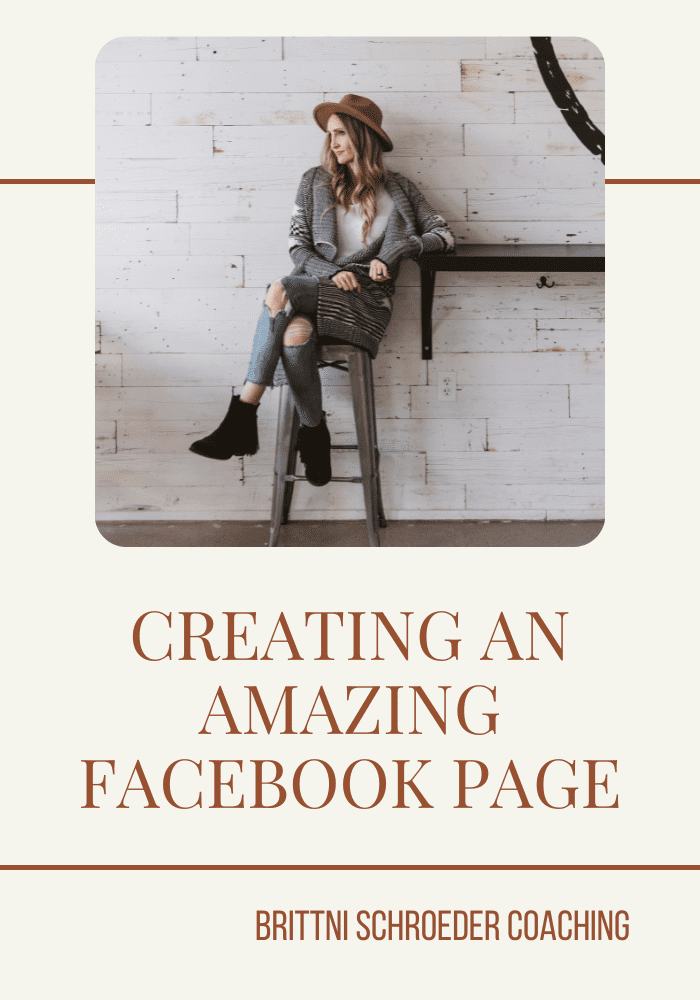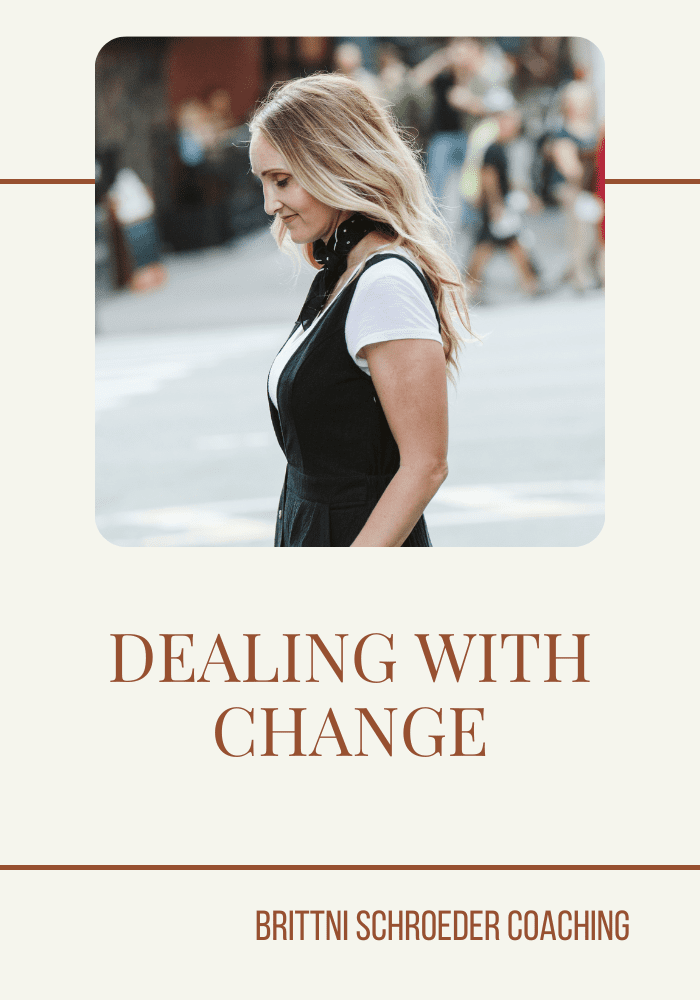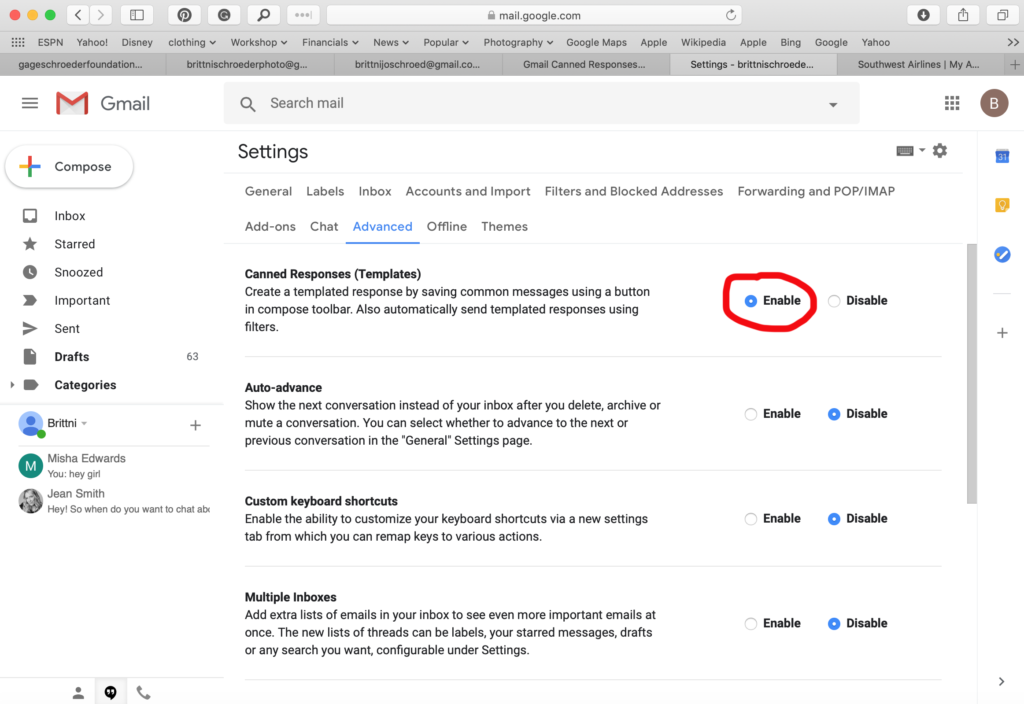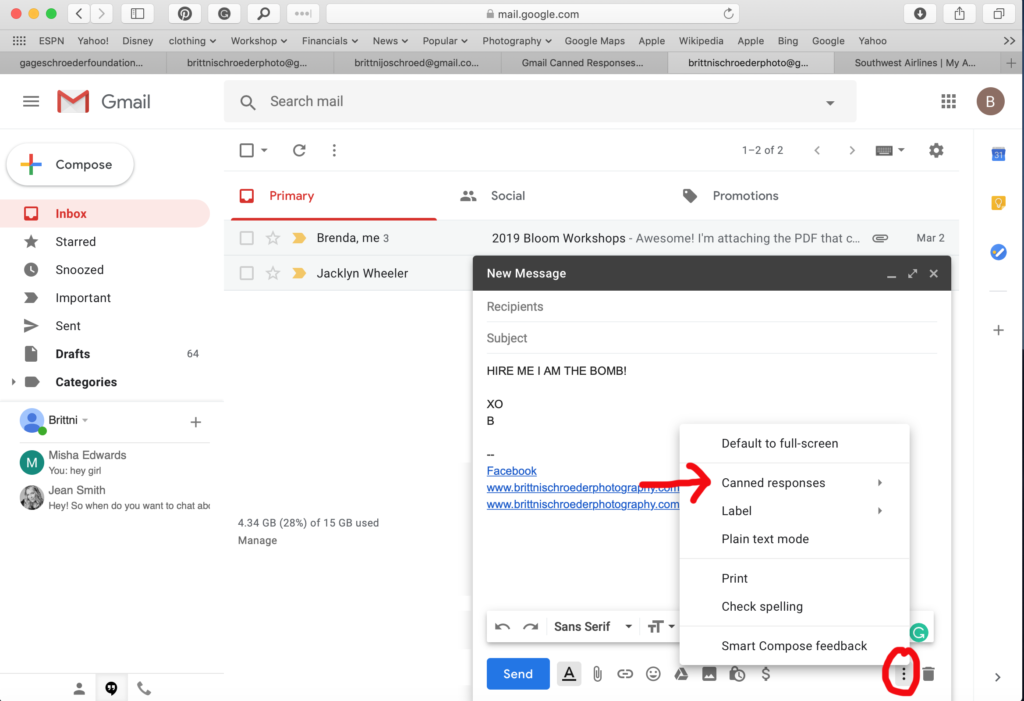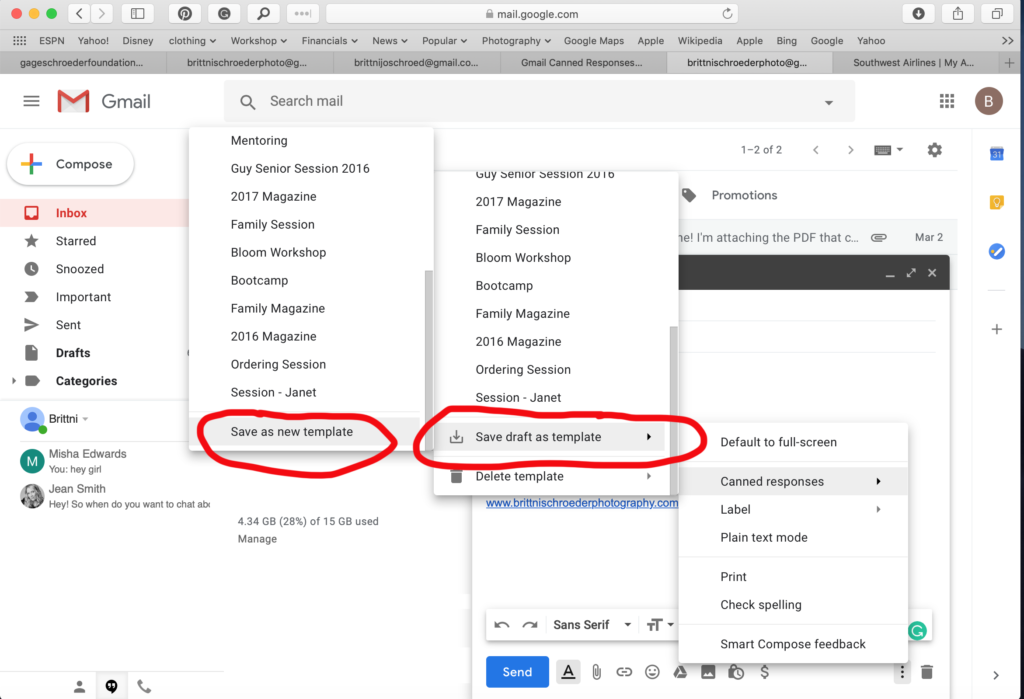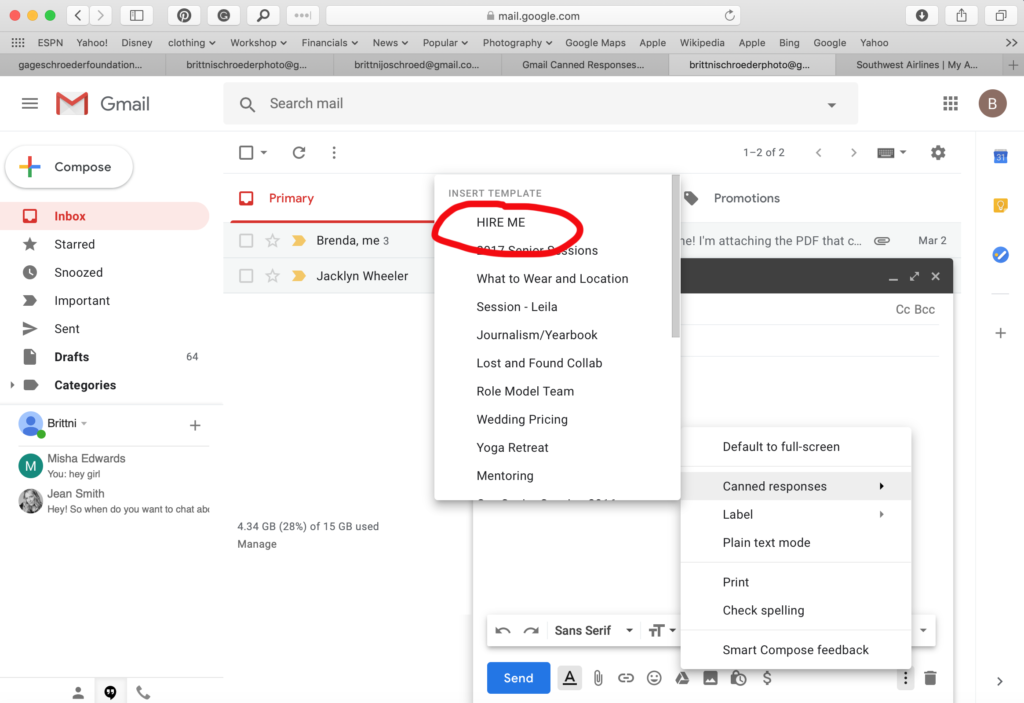brittni schroeder
BLOG
Brittni Schroeder Coaching
HASHTAGS TO IMPROVE
YOUR INSTAGRAM
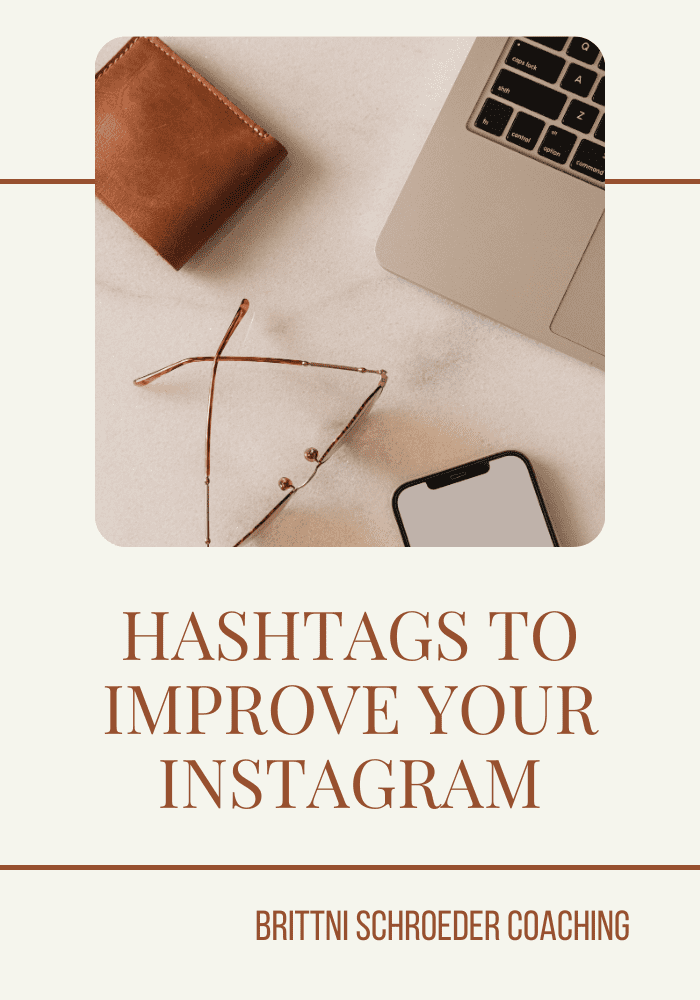
Did you know an Instagram post with at least one hashtag is far more likely to gain audience engagement than a post with no hashtags?
Hashtags are powerful. They can help your posts reach a target audience, attract followers in your niche, increase engagement, and develop a more positive and recognizable brand image. Hashtags can grow your business if used correctly. But if used too frequently or without a clear strategy in mind, they become ineffective.
What are hashtags?
Hashtags are a word or phrase lead by the pound sign (#), used on social media to identify specific topics. Hashtags are also another way to organize content.
What purpose do they serve?
Hashtags can be used to promote products or brands if used correctly. Hashtags are how Instagram organizes the content, so it can be presented to the right subscribers as part of their feed. By using hashtags, you can increase your reach and serve larger audiences. Some of the more successful users achieve huge numbers of followers which can, in turn, create a unique tribe or community around a specific brand or product. It’s important to learn the art and the science behind hashtags to ensure you are taking full advantage of the benefits. If you don’t understand how they work, you might not get the return you are hoping for by using them. Hashtags can be used to attract followers, but you want to make sure they are the right followers.
Which hashtags should I use?
The main objective is to use hashtags that people are looking for. At the same time though, it is also very important to avoid tags that over saturated or irrelevant to your post and brand.
For example, let’s imagine I want to post about my dog. Without much thought I might use #dog. This seems logical because people like dogs and it will get a lot of searches.
But the problem is that it won’t take long at all until my post disappears in the black hole of cyberspace. There are so many photos with that hashtag. But if I use #labradoodle instead, it narrows down the number of people who are more likely to see—and take interest in—my post. You want to choose hashtags that gets searched but not overused.
Narrowing your hashtags for your niche
An easy way to find out what’s trending in your industry is to view people and brands similar to you – your “competitors”. Online influencers in your field are also an excellent source of trending hashtags that your communities are likely to support.
Utilize Instagram’s built-in search. Find a word that that is relevant to your industry. For example, let’s use #photography. This tag is very overused and general. Using it puts your post at risk of getting buried beneath the noise. But if you get more specific and use #houstonphotography, you are more likely to be seen. The smaller and more specific you can get, the more likely your posts will be noticed by the people looking for exactly what you have to offer.
How many hashtags should I use?
With each photo on Instagram you can add up to 30 hashtags. Some people use all 30 and others choose a smaller number. There are mixed opinions on the most ideal number of hashtags to use. You have to play around and figure out your sweet spot. It is more important to use specific and intentional hashtags than it is to fill all 30 spots. Mix it up a little bit. Use a combination of common hashtags and very specific hashtags. Remember, your goal is to get relevant followers.
Create a hashtag for your brand.
Branded hashtags are specific to your brand. Examples would be #applestore or #bmw. This ensures that the post relates back to your business and followers start to recognize your name. By creating your own hashtag and then encouraging your clients to use it, you will start to create a community. When someone is searching for a product or service and comes across your hashtag on several accounts, it shows that consumers are happy with your product or service. This builds trust and shows and will help build confidence in your brand.
Using hashtags is a great way to increase your traffic, gain exposure, and help grow your social media organically. Take the time to research the hashtags that will benefit your business the most and then begin using the hashtags on your next post!



